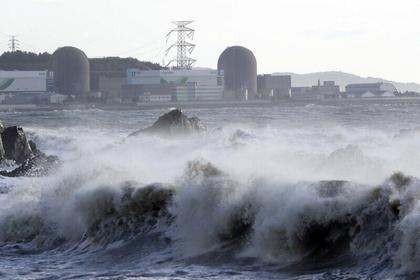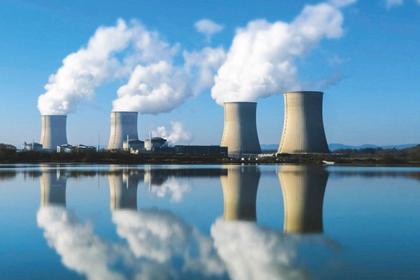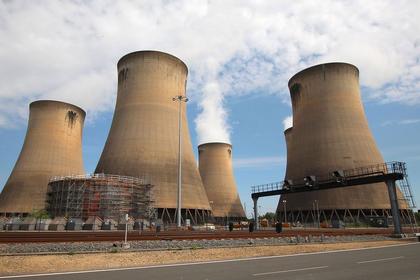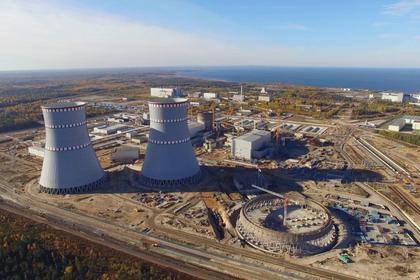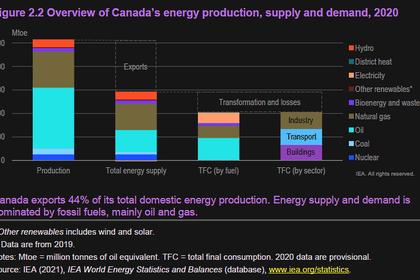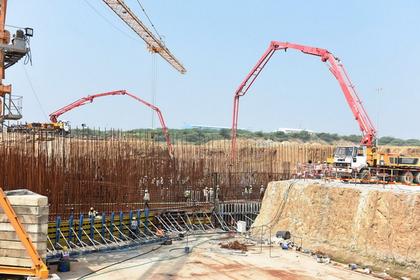
NUCLEAR DEVELOPMENT FOR AFRICA
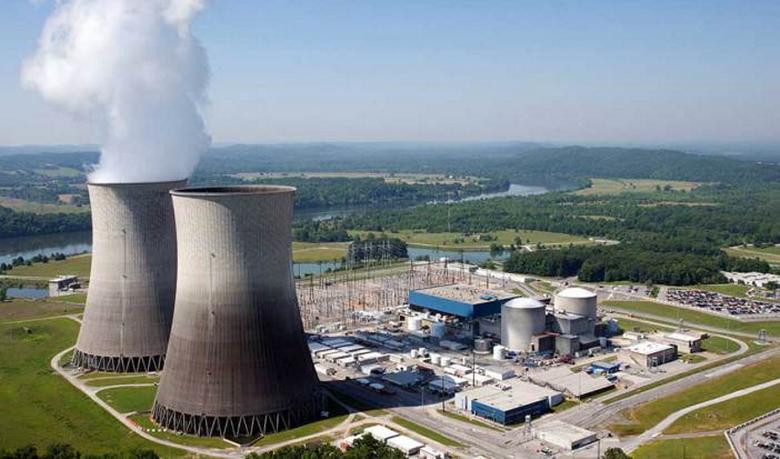
IAEA - FEB 4 2022 - The International Atomic Energy Agency (IAEA) and the 55-nation African Union (AU) today agreed to renew and deepen their cooperation on the peaceful uses of nuclear technology to help address climate change, disease detection and treatment, food security and other development challenges in the continent of 1.2 billion people.
Practical arrangements extending cooperation first agreed in 2018 were signed during a meeting of IAEA Director General Rafael Mariano Grossi and Chairperson Moussa Faki Mahamat of the African Union Commission (AUC), the AU secretariat, on the sidelines of an AU heads of state summit in the Ethiopian capital Addis Ababa.
Under the new arrangements running until 2026, the IAEA and the AU will work together in the areas of human health and nutrition, food and agriculture, water and the environment, industrial applications of nuclear technology, energy planning and nuclear power, radiation safety and nuclear security.
“Nuclear science and technology can play a decisive role in helping countries in Africa and elsewhere tackle some of their most urgent problems and challenges. The AU’s regional expertise and reach will enable us to bring these benefits to many more people in Africa, in areas including cancer care, water management and food security,” said Director General Grossi. “Nuclear technology is also part of the solution to the climate emergency, both in mitigation and adaption.”
The IAEA has enjoyed a long-standing partnership with the AU which has brought significant results and valuable experience in the development and implementation of the IAEA’s work in Africa, he added.
The practical arrangements set out the activities in which cooperation may be pursued. This includes the IAEA’s provision of technical and scientific support for research, data exchange, resource mobilization, development of national legislation and regulatory measures in African nations. The Agency will also support African countries choosing to embark on a nuclear energy programme.
Director General Grossi was in Addis Ababa to launch the IAEA’s new plan to tackle a severe shortage of cancer care capacity in many poorer countries. The Rays of Hope initiative was announced on the eve of an African heads of state summit in the Ethiopian capital.
The AU is a continental body consisting of 55 African countries, with the AUC serving as its secretariat undertaking the daily management of the AU’s activities. The practical arrangements will allow the IAEA to channel support to African countries by, for example, organizing training courses, conferences, expert missions and other relevant capacity-development programmes.
"Harnessing nuclear applications in support of strengthening African health systems is an essential and tangible feature of the planned strategic partnership between the African Union and the IAEA," said Chairperson Faki.
Since cooperation was established in 2018, the two organizations have jointly expanded the use of nuclear science and technology in Africa. For example, the IAEA provided technical leadership in the development and application of the Sterile Insect Technique (SIT) for use in the eradication of tsetse flies. Tsetse flies can cause the ‘sleeping sickness’ disease in humans and wasting diseases in cattle, otherwise known as trypanosomiasis. In the past months, the IAEA and AUC also cooperated to tackle COVID-19 through the Agency’s provision of Real Time Polymerase Chain Reaction (RT-PCR) detection equipment and training on its use.
-----
Earlier:
